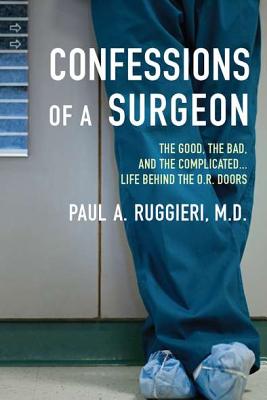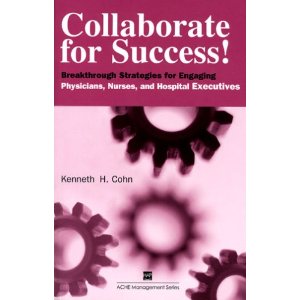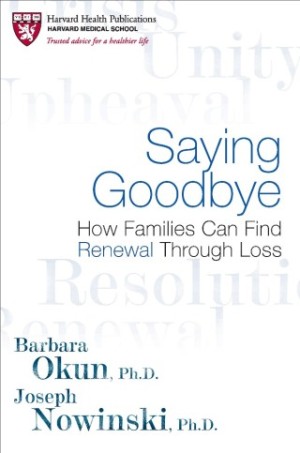Confessions of a Surgeon

By Paul Ruggieri MD, FACS
Confessions of a Surgeon
It has been a little over a month since my book, "Confessions of a Surgeon: The Good, the Bad, and the Complicated...Life Behind the OR Doors" was published and I have finally had time to think about the unique places it has taken me. I cannot describe to you what it feels like to be at the end of a very long journey. I started writing in my head ten years ago and knew someday the words would make it to paper.
I wanted to let the public into my operating room world with a very honest depiction of what I do and how I feel about what I do. The book is a very blunt depiction of life, death, imperfection, emotional stresses, legal pressures, and human frailties.
I believe , because of our unique day (and night) jobs, everyone one of us physicians has an extraordinary story to tell, a story the public has a right to hear. Everyone of us has a book buried deep inside our gut (being the general surgeon that I am) that just may need a little coaxing to bring out.
I was not a seasoned writer and had no understanding what it involved to write,publish, or promote a book. All I knew was I had a story to tell and Julie Silver's Harvard Writing course was something I had to experience. I had to experience it so much that I attended her course twice before writing my book, once in 2005 and again in 2010. The first time got me warmed up to write (the timing was just not right). However, the second time I attended the course, the stars were aligned and it ignited the fire in me. Her course taught me very usable lessons on how to organize my story, discipline my writing, and instill confidence in my ability to complete what I had set out to accomplish. Dr. Silver's course was also instrumental in giving me access to top New York City agents and professional writers. The funny thing was I almost did not attend her course in 2010. It was a last minute decision and probably the best one (outside of asking my wife to marry me) I have made in a very long time.
Writing my book was not easy and there were many a time when I just stared at my labtop, hoping the keyboards would just move by themselves. To me, writing anything never came easy. Remember, I am a general surgeon and if I cannot drain it, remove it, or rearrange it within a few hours I move on to the next one. Most of us do not have the patience to write almost every night and weekends, one page at a time. So, when I received my first galley copy in the mail from Penguin Publishing, I got drunk. No, I am only kidding. However, I did open up a bottle of single malt I had been saving and toasted everything in sight. When I finally received my free 50 copies of the finished product, then I finished the bottle off and got drunk.
The best advice I can give anyone who has a dream is to just go do it. Do it with honesty and sincerity. Do it because people need to know what unique lives we lead. People will never know what is in our heart unless we show, not tell them.
About: Paul Ruggieri MD,FACS is a general surgeon in private practice, writer, stepfather, and a lover of single malt scotch. He writes at http://paulruggieri.com
 Email This Article tagged:
Email This Article tagged:  Confessions of a Surgeon,
Confessions of a Surgeon,  Paul Ruggieri MD,
Paul Ruggieri MD,  Physician Book Publishing,
Physician Book Publishing,  physician writing |
physician writing |  Feb 14, 3:46 PM
Feb 14, 3:46 PM 










